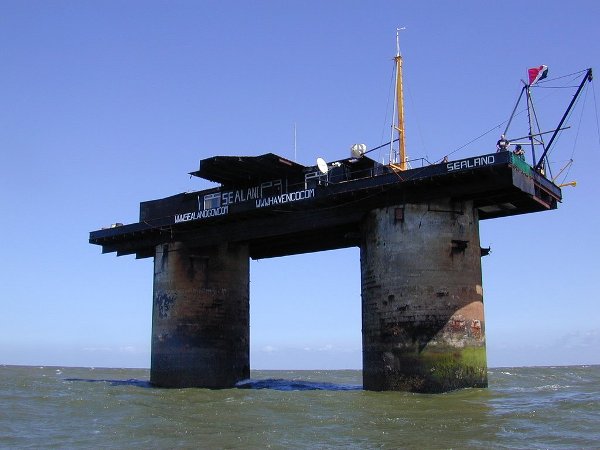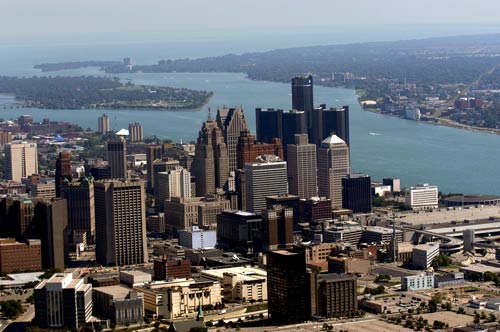
First in the series of indeterminate length, Recolonizing Detroit
Before I start, I encourage you to check out Forbes Magazine’s interactive map of American internal migration. It is fun on a bun.
Matthew Yglesias idly suggested that instead of shrinking Detroit, issue visas for immigrants willing to relocate there. This would work like an EB-5 visa, but would target people without money. Ironically, Detroit, and indeed all of Michigan, is notably absent from the list of approved Regional Centers for EB-5 investment.
He’s not the first to suggest such an idea. The reason why you want to attract immigrants is because Americans clearly aren’t interested in Detroit. Ideally you’d want to bring in people to invest, but since there are a limited number of these, you most likely will need to attract those from countries where Detroit is a step up. Yglesias specifically mentions Haiti, Gaza, Myanmar, Chad, and Nicaragua as potential sources for immigrants. Detroit already home to one of the largest Arab-American communities, and the largest mosque in the United States, so it is possible that immigrants from the sub-Sarharan Africa would find an existing community into integrate.
Predictably there were those claiming he wants to create some sort of immigration concentration camp, but that wasn’t the proposal at all, and mostly betrays an opinion of Detroit. I’ve been to Detroit, and while it’s the only place I’ve been where the nightlife was in the suburbs instead of the city, and peeking over the sound dampening walls reveals a city that has clearly seen much better days, it is not Detroit Maximum Security Prison.
The biggest problem with Yglesias’s idea is that simply replacing the residents with people from some of the poorest, and slowest economically growing parts of the world, doesn’t bring the investments needed to make Detroit stabilize, let alone thrive again. If poor people was all that what was needed, then subSaharan Africa would be rich. Is Detroit too corrupt to succeed? I doubt it, Prisoner 702408 notwithstanding.
The real impediment seems to be failing to diversifying the economy beyond automobiles. Detroit is, and should remain, a manufacturing city. Its location on the Great Lakes, between steel and energy production sites is perfect. Ann Arbor, home of the top engineering schools is close by, so an educated workforce could still be attracted. What is needed is leadership and money, not just people. How simply attracting the tired, poor, huddled masses, wretched refuse, and homeless changes this situation isn’t clear. Of course, the history this country has been one of dregs of all different societies coming for a better life; and it appears to have worked out for us.
On the flip slide the meme of the self-made rugged individualist is a myth. Rugged individual has always relied on the government to establish the conditions, and relied on the established elite (which includes the government) for aid in achieving the “self-made” endeavor. How this hypothetical poor immigrant ingratiates him/herself with the gatekeepers of capital, remains a mystery.






